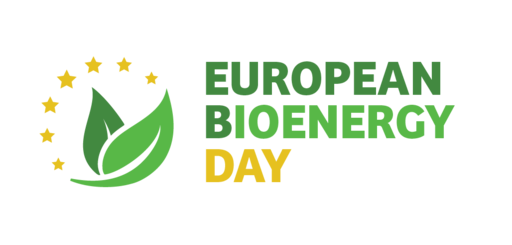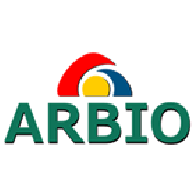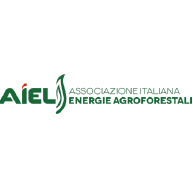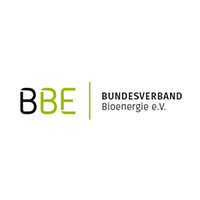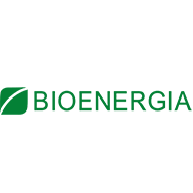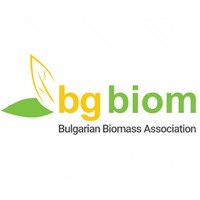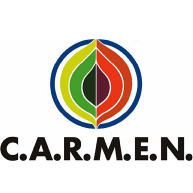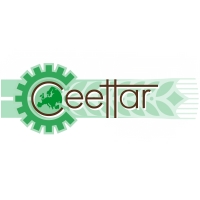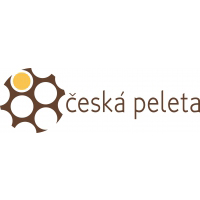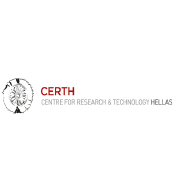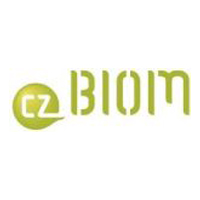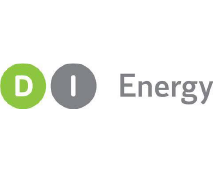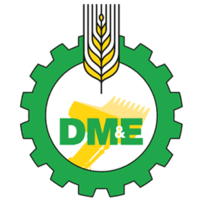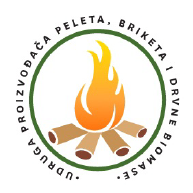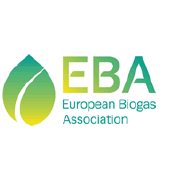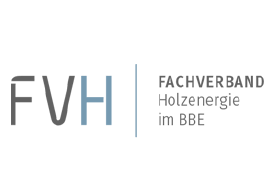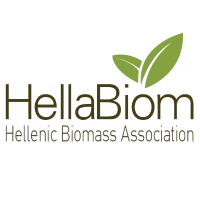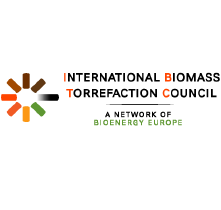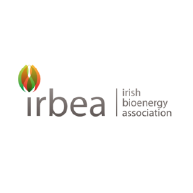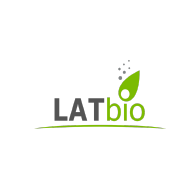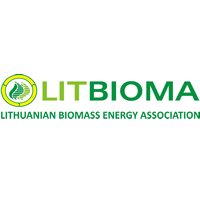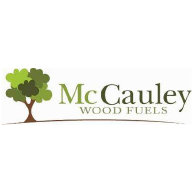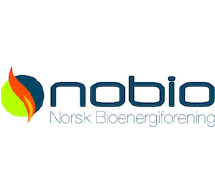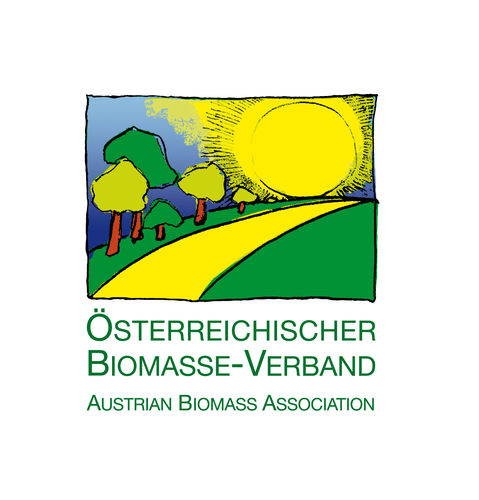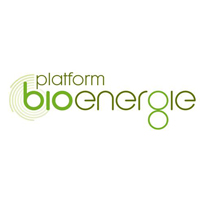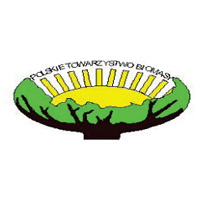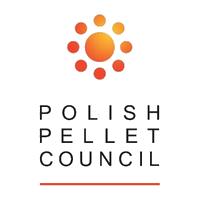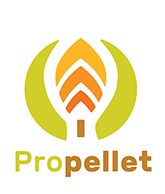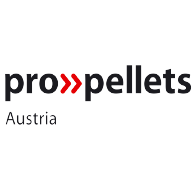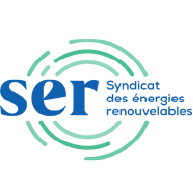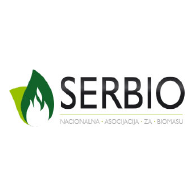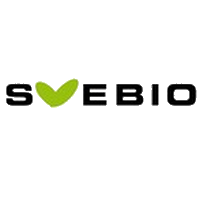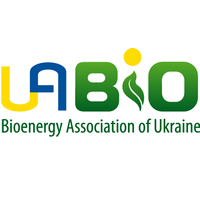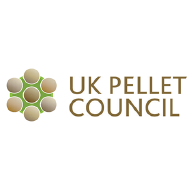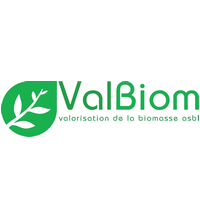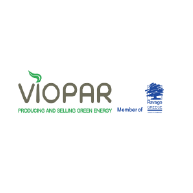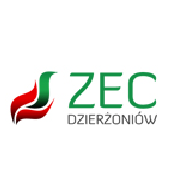The Campaign
The European Bioenergy Day campaign aims to shed light on the increasingly central role sustainable biomass is playing in EU Member States’ energy mix in greening transport, industry and buildings, and in guaranteeing energy security.
It provides key facts on biomass and the bioenergy industry and celebrates people, projects and companies that are contributing to achieving European carbon-neutrality.
The campaign is powered by Bioenergy Europe and is relayed across both national and international partners supporting the view that bioenergy is more than a renewable energy source, it is a reliable path that will lead Europe to achieve its renewable energy transition.
Definitions
The definitions of bioenergy, other renewable energy and non-renewable energy are used in accordance with Eurostat’s methodology. The term non-renewable energy encompasses all fossil fuels (natural gas, crude oil and other hydrocarbons, solid fossil fuels), nuclear and non-renewable wastes. Other renewable energy refers to hydropower, geothermal, wind, solar and ocean energy, while bioenergy comprises all solid biomass, biogas, biodiesel, bioethanol, other liquid biofuels and renewable waste (municipal wastes), using multiple counting on biofuel as defined in Directive 2009/28/CE.
The Bioenergy Europe Network

Bioenergy Europe is the common voice of the bioenergy sector with the aim to develop a sustainable bioenergy market based on fair business conditions. Bioenergy Europe is a non-profit, Brussels-based international organisation founded in 1990 that brings together 41 associations and 143 companies as well as academia and research institutes from across Europe.

The European Pellet Council (EPC) is an umbrella organisation of Bioenergy Europe founded in 2010, aiming at representing the interests of the wood pellet sector and at ensuring its sustainable development at European level. EPC members are made up of 16 national pellet associations and related organisations from 16 countries, and 3 observing members.
About the campaign
The European Bioenergy Day campaign is powered by Bioenergy Europe and relayed across Europe by both national and international partners supporting the view that bioenergy is more than a renewable energy source, it is also a reliable path that will lead Europe to achieve its renewable energy transition.
European Bioenergy Day on Social Media
